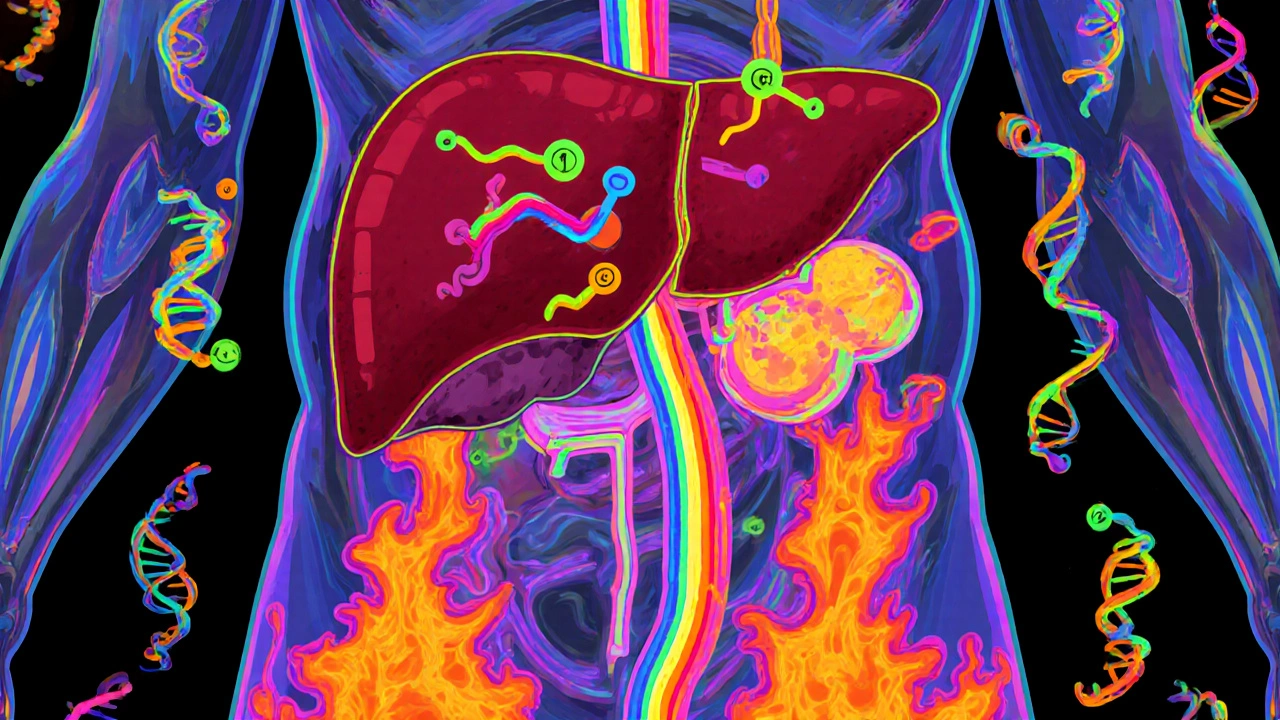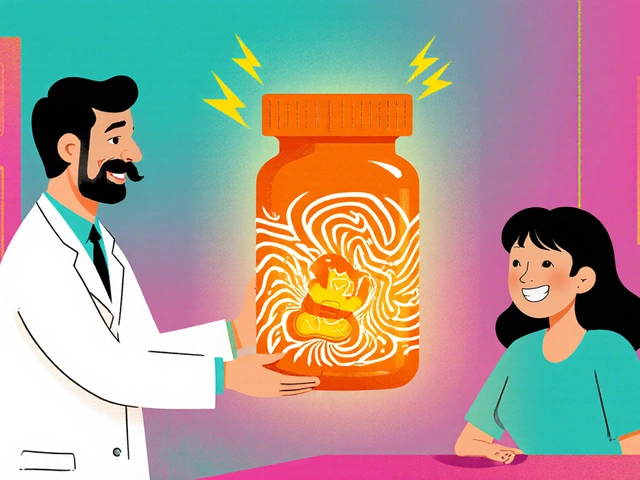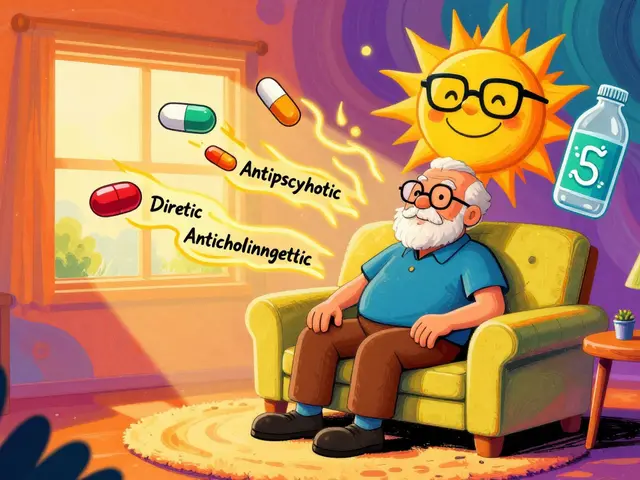Pharmacogenomics: How Your Genes Affect Your Medications
When you take a pill, your body doesn’t treat it the same way as someone else’s—even if you both have the same condition. That’s because of pharmacogenomics, the study of how your genes affect how your body processes drugs. Also known as personalized medicine, it’s not science fiction—it’s already changing how doctors choose your meds. Some people metabolize drugs too fast and get no benefit. Others break them down too slow and end up with dangerous side effects. This isn’t about luck or dosage errors. It’s about your DNA.
Pharmacogenomics connects directly to real problems you might face. Take statins for cholesterol. One person gets muscle pain and stops taking them. Another takes the same dose and feels fine. Why? A gene called SLCO1B1 can tell you which group you’re in. Or consider antidepressants. If you have a variant in the CYP2D6 gene, you might need a completely different drug than your neighbor. This isn’t rare. Up to 90% of people carry at least one gene variant that affects how they respond to common medications. That’s why gene-drug interactions, how specific genes change the way drugs work in your body matter more than ever. And it’s not just about pills. Herbal supplements like St. John’s Wort can clash with your meds in ways your doctor might not expect—especially if your liver enzymes are genetically wired to process them differently.
Pharmacogenomics also explains why some people need higher doses while others get sick from tiny amounts. It’s behind the warnings on labels for drugs like warfarin, clopidogrel, and codeine. It’s why some patients with HIV need special testing before starting treatment. And it’s why doctors now check your genetic profile before prescribing certain cancer drugs. This isn’t just for rare diseases—it’s for everyday conditions like high blood pressure, depression, and pain. The tools are here: genetic tests are faster, cheaper, and more accurate than ever. But awareness? Still lagging. Most people don’t know their genes can make a drug work better… or turn it into a hazard.
What you’ll find below are real stories and practical guides that connect directly to this science. From how statins cause muscle pain in some but not others, to why certain painkillers fail for some people, to how herbal supplements can trigger dangerous reactions based on your genetics—these posts don’t just describe problems. They show you how to spot them, talk to your doctor about them, and take control. You’re not guessing anymore. You’re reading what your genes are telling you.
Genetic Factors in Statin Tolerance: How Pharmacogenomics Testing Can Help
Genetic testing for SLCO1B1 variants can identify people at high risk of statin-induced muscle pain, helping doctors choose safer alternatives like pravastatin instead of simvastatin. This precision approach improves adherence and heart health.






